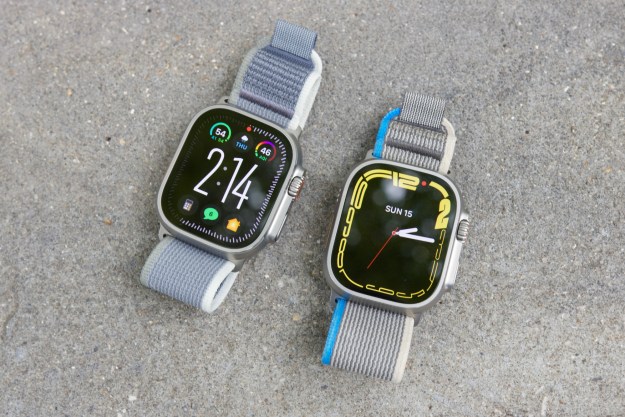The Federal Communications Commission (FCC) has tabled a new proposal that promises to do even more to stop pesky telemarketers in their tracks. Over the past few years, the FCC has been actively working to crack down on robocalls. In late 2019, the U.S. Senate passed legislation requiring that carriers confirm the legitimacy of caller ID numbers and do everything they can to block robocalls from reaching their customers.
Now, FCC Chairwoman Jessica Rosenworcel is taking this a step further, with a proposal to block unwanted “ringless voicemail” robocalls.

Although the Pallone-Thune Telephone Robocall Abuse Criminal Enforcement and Deterrence (TRACED) Act prevents robocalls from ringing through to your phone, it doesn’t address the problem of telemarketers spamming your voicemail box with messages. As long as they don’t make your phone ring, it appears that your voicemail is still fair game.
Technically speaking, this should be covered by the 1991 Telephone Consumer Protection Act (TCPA), which already prohibits companies from using automated systems to make non-emergency calls to your mobile phone without your consent. Of course, if that worked, the 2019 TRACED Act wouldn’t have been necessary in the first place.
Lobbyist opposition
It appears that at least one company has been trying to make sure the TCPA doesn’t apply to ringless voicemail. In March 2017, a company called All About the Message (AATM) petitioned the FCC to rule that the act doesn’t apply. AATM argues that “voicemail messages delivered directly to a voicemail service provider” aren’t technically “calls” and therefore fall outside the FCC’s regulations. In fact, AATM argues that “the commission lacks the authority to regulate voicemail service” at all.
Rosenworcel disagrees. In announcing the new proposal, which is in direct response to AATM’s petition, the FCCchairwoman noted that “ringless voicemail can be annoying, invasive, and can lead to fraud like other robocalls — so it should face the same consumer protection rules. No one wants to wade through voicemail spam, or miss important messages because their mailbox is full.”
If this proposed action were to be approved by a vote of the full commission, it would effectively deny the AATM petition by deciding ringless voicemails are indeed “calls” that “require consumers’ prior express consent.”
It’s not yet known when the FCC will actually hold a vote on this proposal, however. The matter doesn’t appear to be on the agenda for its next Open Commission Meeting, which is scheduled for February 18. There’s also no guarantee the FCC vote will actually favor the proposal, although fighting unwanted spam telemarketing calls has a great deal of popular support. It’s also not exactly a new item on the FCC’s agenda, either.
Editors' Recommendations
- Illegal robocall operation handed largest-ever fine by FCC
- Your favorite calendar apps can also get spam. Here’s how to block or report it
- The FCC is going after international robocallers with new measure
- Robocalls: Don’t be fooled by the one-ring scam, FCC warns
- Gmail blocks 100 million spam messages daily with its A.I., Google says



